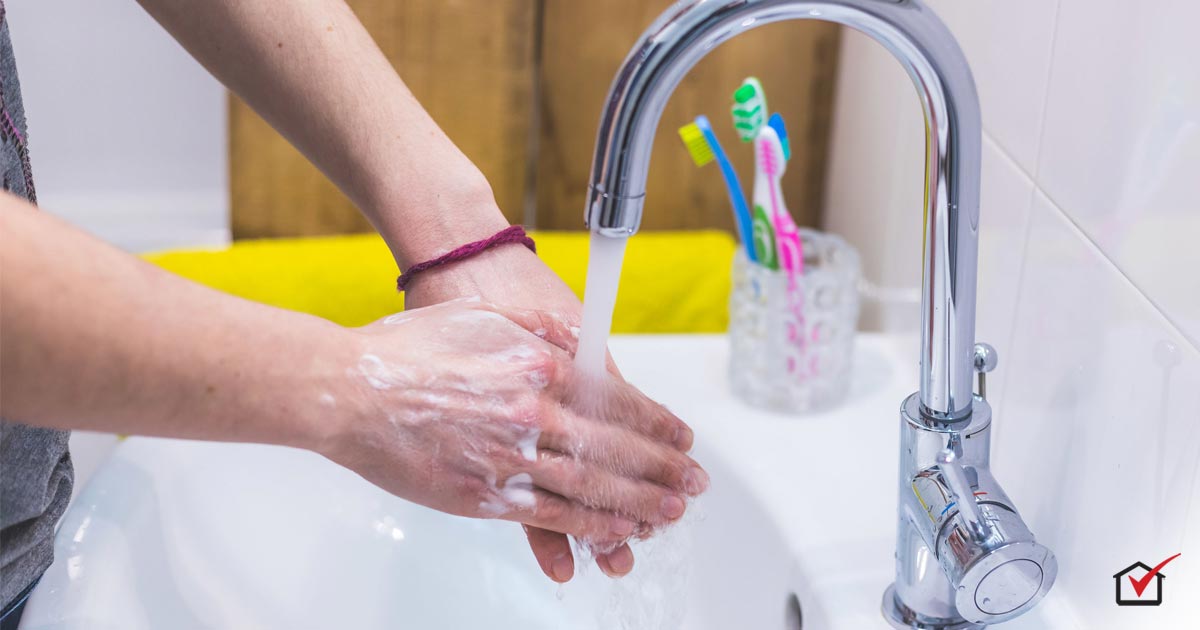
Regardless of what you believe about the Coronavirus outbreak, extra precautions — especially for business owners, is never a bad thing. And despite cases continuing to rise and markets sending people and companies in a panic, it’s not too late to plan. Here are a few things you can do now to keep your staff safe and business operating.
- Communicate openly with employees
One of the most important things you can do is communicate with your employees. They are likely concerned about their health and how they can continue working as more businesses temporarily shut down. Send business updates over email or have dedicated “office hours” where employees can dial-into a call and ask questions. Often times, silence produces more fear and anxiety so it’s best to overcommunicate.
- Encourage sick employees to stay home
Employees who are under the weather should stay home. That includes staying at home if they have a sick family member as well. This practice aligns with the Centers for Disease Control (CDC) recommendations to use isolation as an important part of the effort to protect everyone’s health.
- Invest in work-from-home technology
If your business can operate remotely, provide your employees with the right tools to make it easy to work from home. This includes collaboration software, internal communication programs and secure Wi-Fi networks. Google’s G Suite, which comes with software like Google docs, Sheets and Hangouts, is a handy collaboration and communication tool.
- Flexible commuting / work times to avoid rush hour crowds
Be sensitive to the needs of your employees and their comfort level when dealing with the Coronavirus crisis. If working from home is not an option, allow for flexible working hours to avoid rush hour crowds. Also, consider working in shifts as many employees might also be dealing with childcare issues in the event of school closures.
- Practice good hygiene

This goes without saying. Place hand sanitizer dispensers at the door and throughout the office building. Instead of handshaking use other noncontact methods of greeting like an elbow bump. Make it a habit to disinfect commonly touched surfaces like doorknobs, tables, desks, phones, keyboards and handrails regularly. And increase ventilation by opening windows or adjusting air conditioning.
- Meetings & travel
Use videoconferencing for meetings when possible. When not possible, hold meetings in open, well-ventilated spaces. Do not serve food. Consider adjusting or postponing large meetings or gatherings. Assess the risks of business travel.
- Real estate agents
Real estate agents who are constantly interacting with people are faced with unique challenges. Many fear that home showings or open houses may decrease significantly. The good news is there are many easy and inexpensive ways to get clients a visual tour of a home such as FaceTime, video and livestream. As always (and frequently ignored), you should get the listing broker’s permission before videoing a listing.
During times like the Coronavirus outbreak, it’s important to remain calm, stay informed and use your best judgment. The situation is rapidly changing, and the CDC will update its risk assessment as needed. For additional tips like these, the CDC has released a Coronavirus tip sheet. Visit the CDC’s website for latest updates.
Finally, if you’re a business owner searching for environmental testing and cleaning, our HouseCheck Environmental Services can remove conditions in which viruses including the Coronavirus, can live.
Call for more information 850-769-8830.
SOURCES:
The Center for Diseases and Control Tip Sheet
How to Protect Your Small Business in the Midst of the Coronavirus Outbreak


Leave A Comment